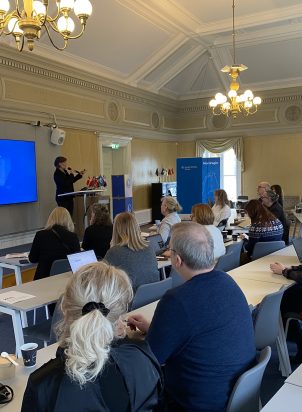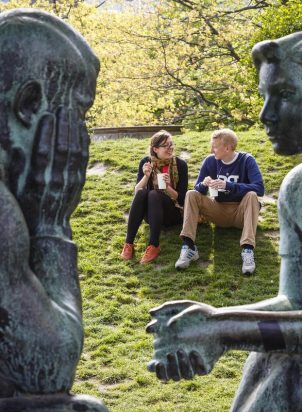The blue economy, including maritime industries like fisheries, aquaculture, and tourism, is a vital sector in the Nordic region, and particularly for many coastal communities. However, the participation and representation of women in this sector have lagged behind, raising concerns about gender equality, inclusion and even harassment. A new report from Nordregio sheds light on this issue, offering insightful data and actionable recommendations, is now launched to increase gender equality in the blue economy.
The “Ensuring Gender Equality in the Nordic Blue Economy” report, authored by Anna Karlsdóttir and Hjördis Guðmundsdóttir, was launched at Arctic Frontiers in Tromsö, Norway – a conference for science, policy and business in the Arctic region. The report highlights significant strides in gender equality within the Nordic blue economy, but also points out areas needing attention.
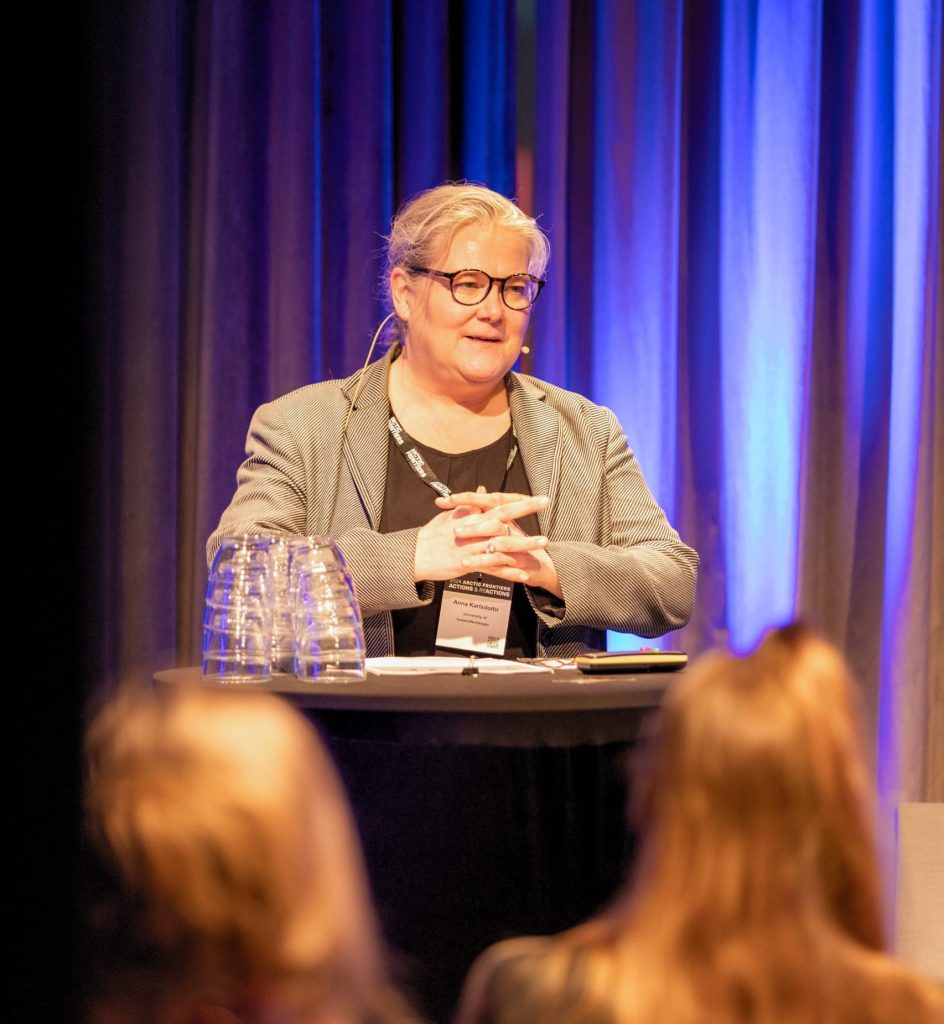
“The notion of gender, women or equality is, with very few exceptions, absent from literature relate to the blue economy. This needs to be fixed! This lack of prioritising gender equality is a challenge, not only for women, but for securing local communities along the coast, and creating equitable opportunities for leadership”, Karlsdóttir explains.
Nordic Council of Ministers Secretary General Karen Ellemann, opening the joint Nordregio, Nordic Council of Ministers and ProTromsø event at the Arctic Frontiers, emphasised the importance of this research, stating, “Women are significantly underrepresented in the blue economy, and that is a problem for several reasons – not only because gender equality in these sectors boosts sustainability. When women are involved in natural resources, it benefits sustainability.”
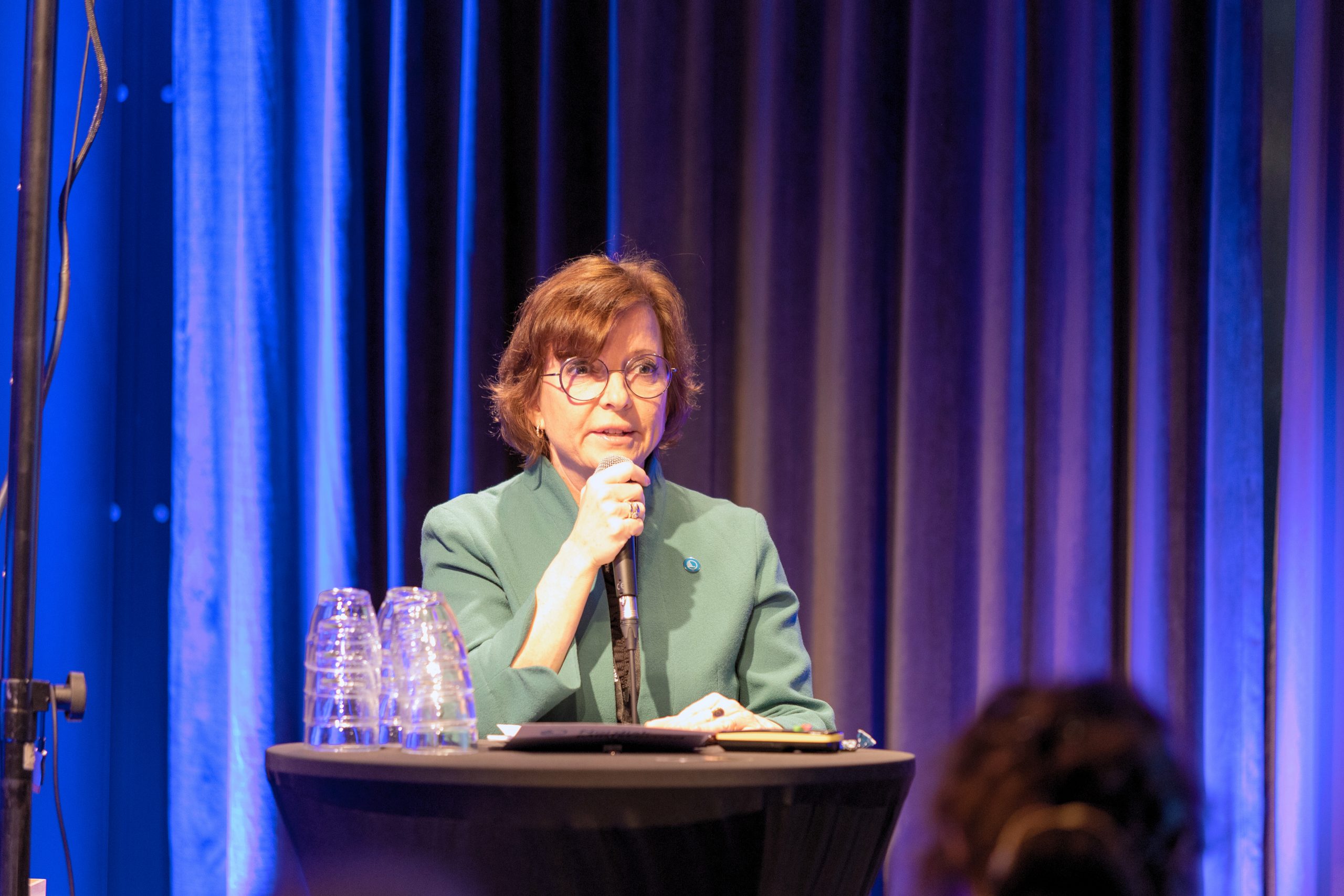
Harassment and harsh culture a problem for the sector
Even though advancements have been made in several sectors, challenges remain – and some challenges come in the shape of sexual harassment. Susanne Mortensen, fisher and author of the opinion piece that set in motion the fishing industry’s Metoo movement, shared her experiences from this harsh male-dominated culture and of being sexually assaulted, physically and verbally in her role as a fisher.
“Reading between the lines, I was told to keep quite. The message was clear – as a woman, I would never be an equal part, even though working twice as hard”, she concluded on stage. The public debate in Norway following Mortensen’s opinion piece led to the initiating of research project Salmon & Equality, under the Norwegian chairmanship of the Nordic Council of Ministers.
Empowering the Sami population as well as business growth
The “Gender Equality in the Blue Economy” event boasted a distinguished panel of experts, included Sandra Márjá West, member of the Sámi Parliament and advisor on fishing policy, who stressed the importance of fishing for the Sami community historically and today.
Adding to the perspectives of the panel was Malgorzata Smieszek-Rice, researcher from UiT The Arctic University of Norway, Tromsø, who weren’t surprised by the results the report offers. Edgar Henriksen, retired senior scientist from the Norwegian Institute of Food, Fisheries and Aquaculture Research (NOFIMA), added to this saying that other minorities, such as LGBTQ people experience negative attitudes in the blue economy.
Janicke Eckhoff, Project Manager at Next Generation Seafood/Sjømat Norge, offered her experience on strategic work to empower good examples in the seafood sector, and pointed out the need in to be clear about what sectors within the larger concept of blue economy we are talking about. Gunnar Davídsson, Head of Resource Management Department at Troms County Council Administration, agreed and concluded that aquaculture has come further in terms of diversity and inclusive culture, while fisheries have a long way to go.
This panel agreed that the report is important in order to help policymakers tackle this issue with the right efforts.
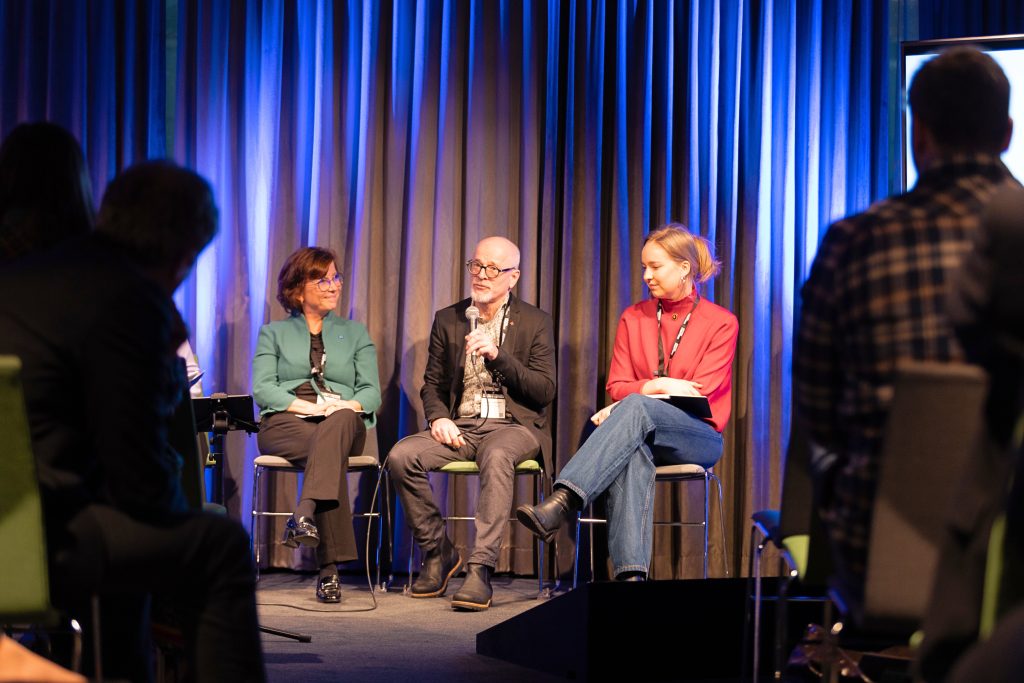
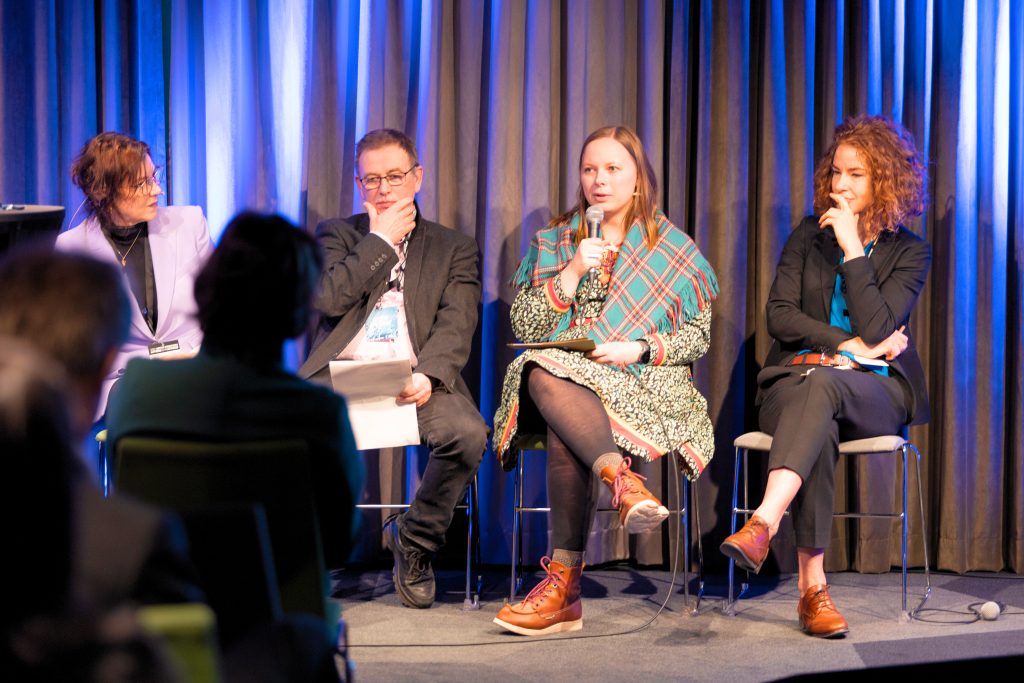
Photographer: Bendik Skogli/nordregio.org
Five policy recommendations
Karlsdottir’s presented the report’s five policy recommendations to improve women’s role in the blue economy and maritime sector:
1. Data Improvement: Address the lack of gender representation data in fisheries and aquaculture by improving gender-disaggregated data collection, involving supranational institutions like FAO and ILO, to better understand women’s roles and ensure sustainable, equitable resource management.
2. Education and Role Models: Encourage women’s participation in maritime sectors through education and industry support, highlighting role models and extending policies to mitigate gender segregation in marine occupations.
3. Workplace Safety: Develop measures to prevent sexual harassment and stereotypes in the maritime sector, prioritise research on these issues, and ensure safe, fair working conditions at sea.
4. Leadership Research: Conduct more research on women’s roles and influence in leadership within fisheries, aquaculture, and maritime sectors, focusing on decision-making power and financial control.
5. Broader Engagement: Broaden the focus on women’s involvement in the maritime sector, including leadership and entrepreneurship roles, to enhance their impact in the broader blue economy.
A sustainable and inclusive Nordic Region
The event and report collectively stress the importance of not just understanding but actively promoting gender equality in the blue economy. This involves acknowledging the value of women’s work, addressing educational and vocational training gaps, and ensuring women’s representation in leadership roles.
In conclusion, while significant progress has been made in the Nordic blue economy regarding gender equality, much work remains. The recommendations and data presented in the Nordregio report mark a significant stride towards a more inclusive and sustainable future in the blue economy. Understanding and promoting gender equality in this sector is not just a matter of fairness but is also essential for sustainable and inclusive economic development.
Watch a recording of the event here.



